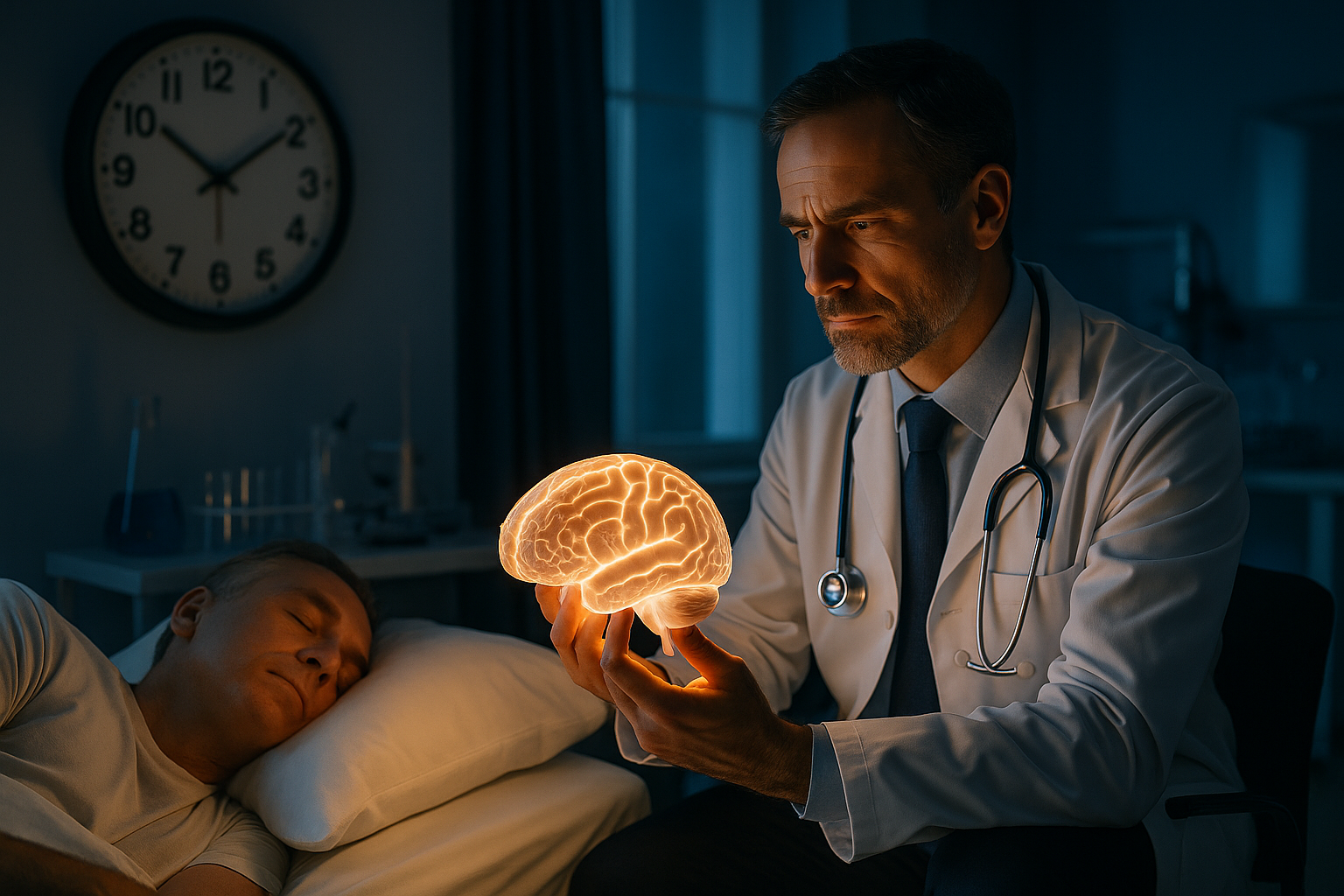"Decoding the Intricacies of Circadian Rhythms for Optimal Health"
Human bodies are intricate systems, guided by several internal mechanisms for maintaining equilibrium. One such mechanism is the circadian rhythm. This internal body clock regulates our sleep-wake cycle, feeding patterns, and hormone production. But how can understanding this rhythm lead to optimal health? Let’s decode the mysteries of our circadian rhythms.

Circadian Rhythms: A Historical Perspective
The concept of circadian rhythms dates back to the 18th century when French scientist Jean-Jacques d’Ortous de Mairan noticed that plants kept their daily rhythm even in the absence of sunlight. Over the centuries, research on this biological rhythm has evolved significantly. In 2017, Jeffrey C. Hall, Michael Rosbash, and Michael W. Young won the Nobel Prize for their discoveries of molecular mechanisms controlling the circadian rhythm.
The Modern Understanding of Circadian Rhythms
Today, it’s well-established that our circadian rhythm plays a crucial role in our health. Disruptions in this rhythm can lead to a host of health problems, including heart disease, obesity, and mental health disorders. Research suggests that aligning our lifestyle with our circadian rhythm—such as eating meals and sleeping at consistent times—can enhance our physical and mental wellness.
The Science Behind Circadian Rhythms
Our circadian rhythms are governed by a group of nerve cells in the brain known as the suprachiasmatic nucleus (SCN), often referred to as the body’s “master clock.” This clock is reset daily by light exposure, and it controls hormone release, body temperature, and other bodily functions. Although this process is complex, understanding it can empower us to make lifestyle choices that promote health and well-being.
Health Tips for Aligning with Circadian Rhythms
-
Try to maintain a consistent sleep schedule, even on weekends.
-
Limit exposure to artificial light in the evening.
-
Prioritize exposure to natural light during daytime hours.
-
Aim for regular meal times, preferably in alignment with daylight hours.
-
Try to incorporate physical activity into your daily routine.
Closing Thoughts on Circadian Rhythms
The circadian rhythm influences our health in countless ways, from our sleep quality to our risk of chronic disease. By understanding this biological clock, we can make informed choices that align with our natural rhythms and promote optimal health. The power of circadian rhythms may be complex, but its message is simple: live in harmony with your body’s natural cycles for a healthier, happier life.




